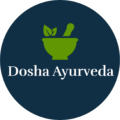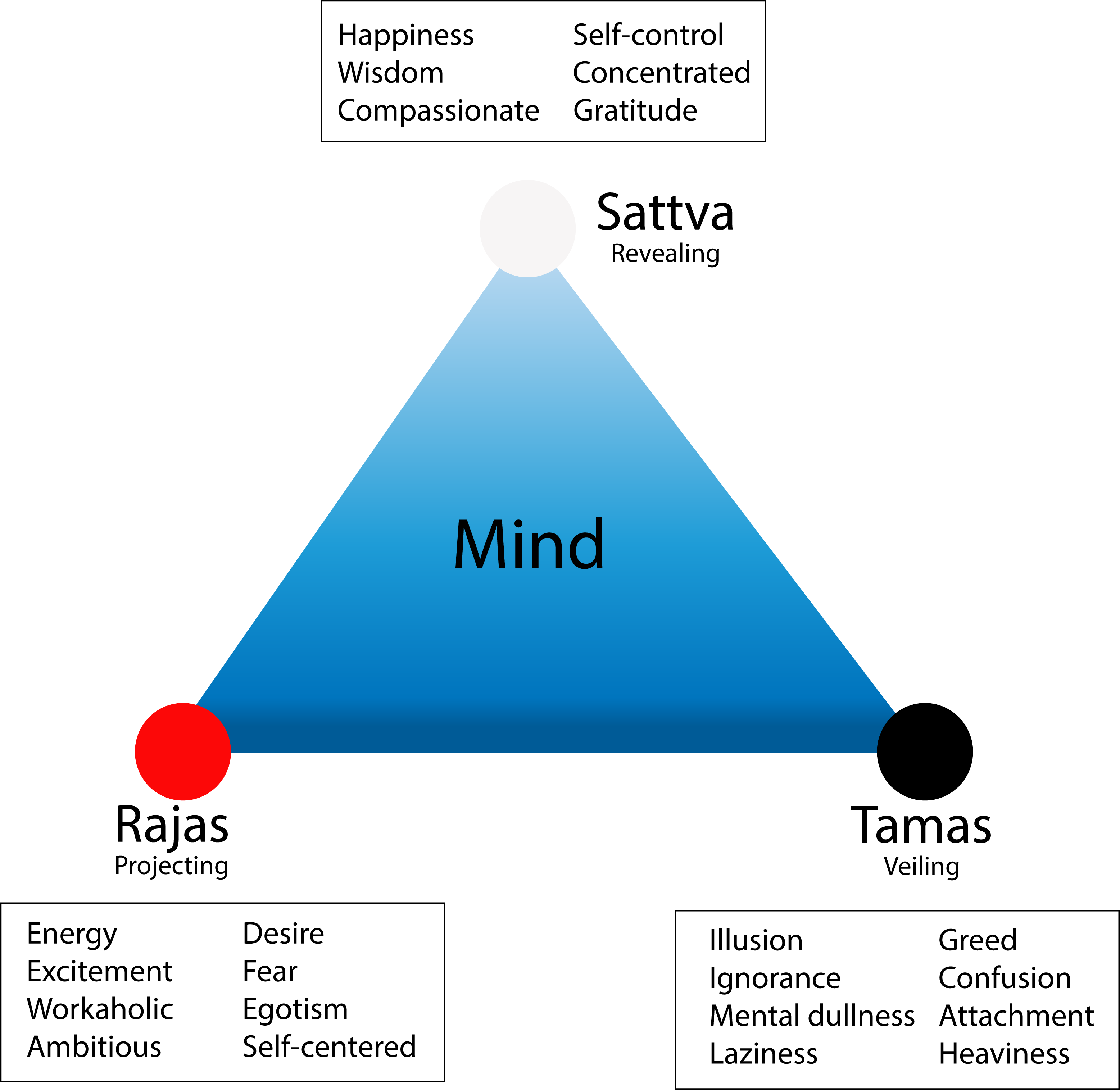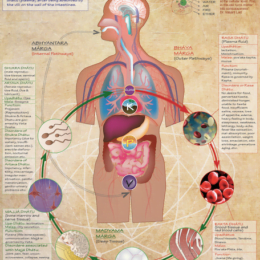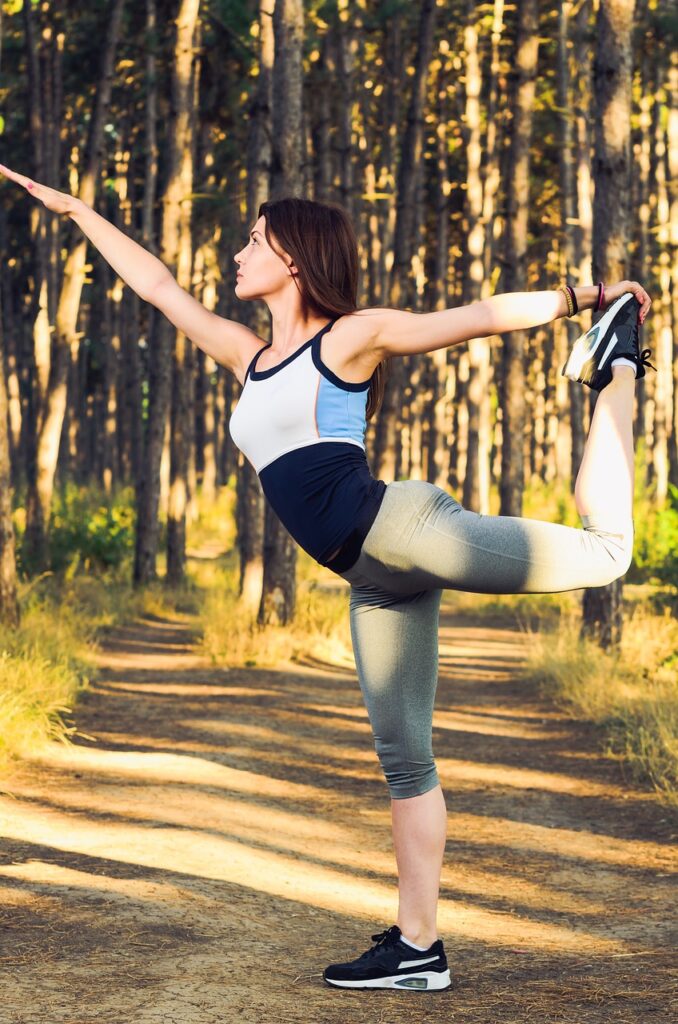
What is Dinacharya (Daily regimens)
Dinacharya is composed of two words Dina and Charya.
Dina means a day or day time or day today.
Charya means regimens, duties, action to be done.
Importance of Dinacharya
- Maintanace of normal health
- Increased life span without any diseases
- Regimens done daily to maintain normal health
- Maintenance of hygiene (Shoucha) and keeps the body clean
- Desire for the intake of food, proper and easy digestion of the ingested food.
- Prolong the life and longevity
- Keeps the mind calm and quiet and helps in meditation
- Help to increase strength of Indriyas (sense organs)
- Helps to increase the strength of the body
- Prevents all the diseases
Brahma Muhurta (Getting up in the morning)

One desirous of long healthy life should getup in Brahma Muhurta or around 45 minutes before sun rise, around 5 – 6 am. Last three hours of the night from 3 am to 6 am is known as Brahma Muhurta.
Attending to nature’s call (like passing of Mala, Mutra, etc) in the early hours is a good habit for better health and problems like Antra Kujanam, Adhamana and Udara Gouravam (heaviness of the abdomen) are also relieved by attending to the natures call in the early hours of the day immediately after awakening up from bed at Brahma Muhurta.
Ushajalapana (Drinking water)
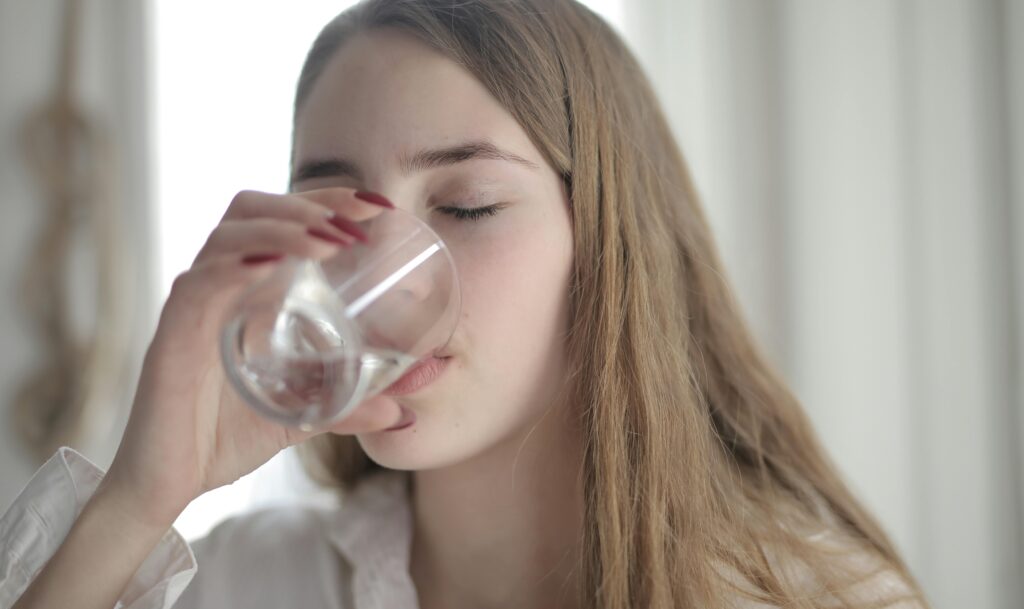
Drink eight Prasruti (768 ml/3.2 cups) of water at the time of early sunrise shall live for a hundred years and more free from disease (Roga) and old age (Jara). Person drinks water in the early morning cannot suffer from Arsha, Shotha, Grahani, Jwara, Jathara Vikara, Kustha, Medoroga, Raktapitta, pain in ear, throat, head and pelvis, Akshi Roga (eye disease) and other disease produced by Vata, Pitta and Rakta all will be cured by consumed at tend of the night cultivated as habit.
Malatyaga (Bowel Movement, Urination)

One should excrete the urine and feces only after getting the urge, should allow the excreta to pass naturally on their own and not by strain.
Cleaning after defecation, urination etc. keeps those areas clean, promotes complexion, strength, lifespan and removes unrest.
Washing of hands and legs always leads Malashramahara (cleanliness and removes tiredness), improves Sukra, Chakshushya (eye sight) and prevents the attack of negative force or infection.
Mukha Prakshalana (Face washing)
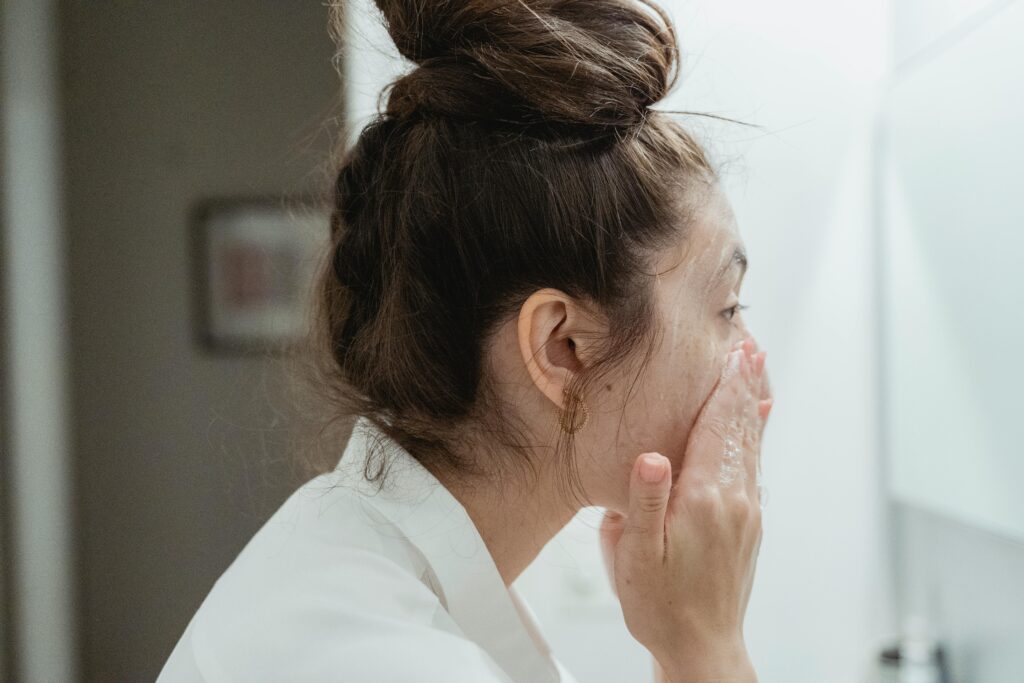
The face wash with Shitala Jala prevents Raktapitta (bleeding problems), subsides Mukhapidika, Mukharoga, Mukhanilika and Vyanga and while washing with warm water pacifies Kapha and Vata Dosha, makes face Singdha (oily) by removing the Rukshata (dryness) of the face.
Dantadhavana (Teeth brushing)
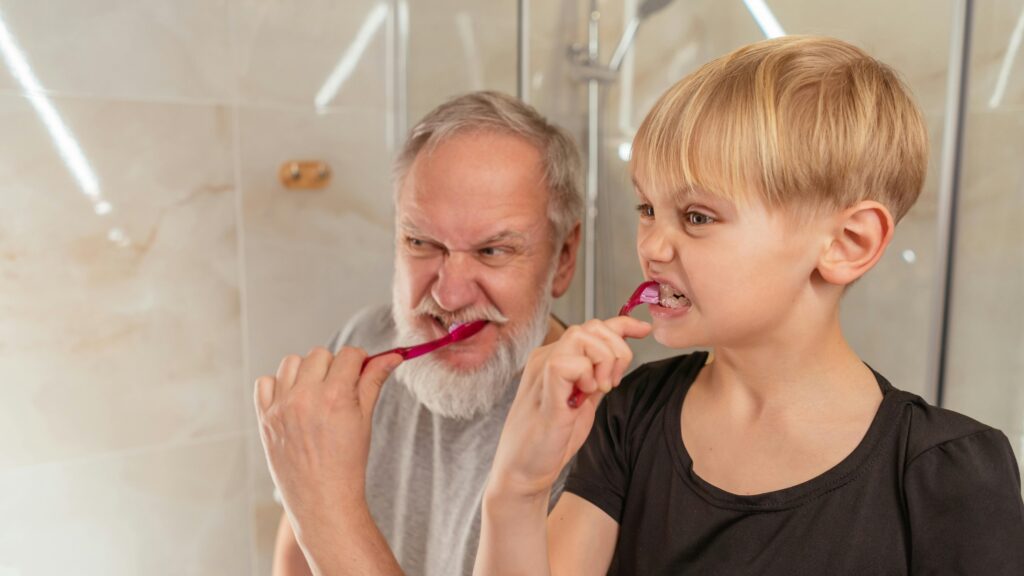
One should clean his teeth in two times morning and night, after intake of food.
Every tooth should be rubbed with soft brush and tooth powder without injuring the gums. The lower row of teeth should be brushed first.
Benefits
It removes Daurgandhya (foul smell), Upadaha (sliminess), Kapha and provides Vaishadya (clarity), Anna Abhiruchi (desire of food) and Saumanasya (cheerfulness)
Jihvanirlekhana Vidhi (Tongue scraping)
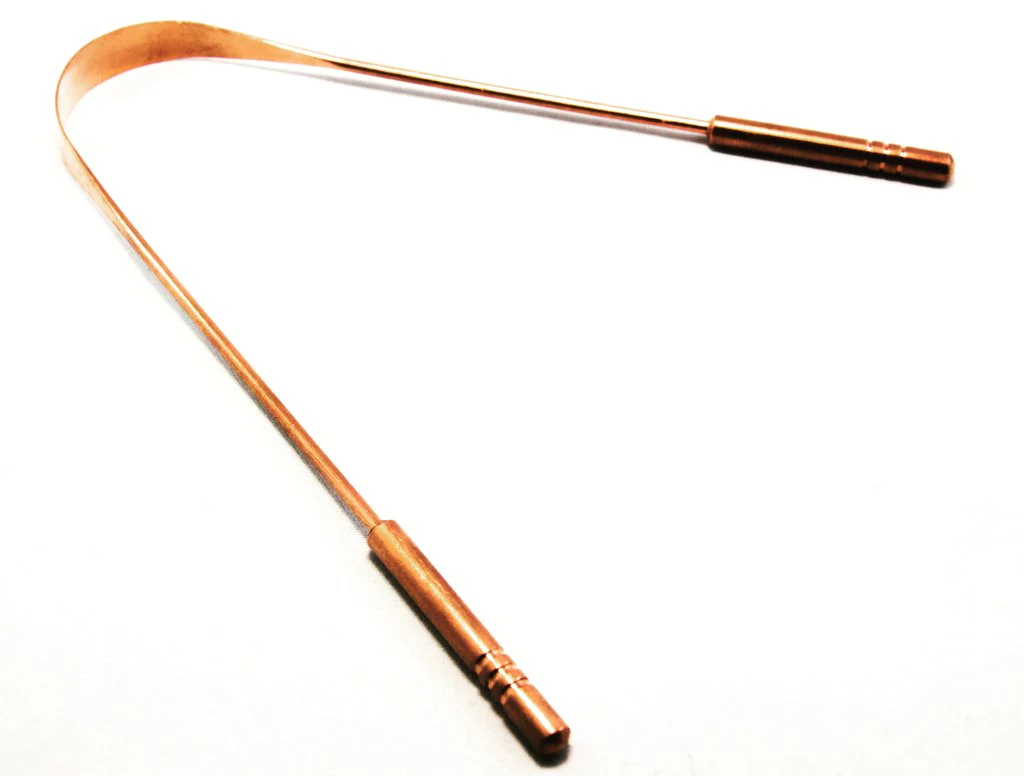
Qualities of Tongue scraper – it should be soft, smooth, curved and ten finger long are to be made of metals like Haima (gold), Rajata (silver), Tamra (copper).
Benefits – Jihva Mlagata Mala (dirt deposited at the root of the ongue), Daurgandhya and Ucchwasa Rodha (obstructs expiration and gives rise to foul smell), to the tongue should be scraped regularly.
Pratimarsha Nasya (Daily Nasaya)
Sneha (oil) processed with herbs are administered through the nostrils, this is called Nasaya.
Two types – Shirovirechana and Snehana these two divided in subtypes
Five types – Nasya, Shirovirechana, Pratimarsha, Avapida, Pradhamana
The Nasaya should be performed daily with Katu Tila oils in case Kapha predominance, it should be done in the morning, in Pitta afternoon, in Vata evenings should be preferred.
The daily practice of Nasya imparts, Sugandhita to the body, Snigdhata to speech, cleans the body organs and prevents Vali, Palitya (ageing and graying of hair).
Pratimarshya is the type of Nasya devoid of any complications. Two drops of oil in each nostril which should be inhaled.
Gandusha and Kavala (Oil pulling)
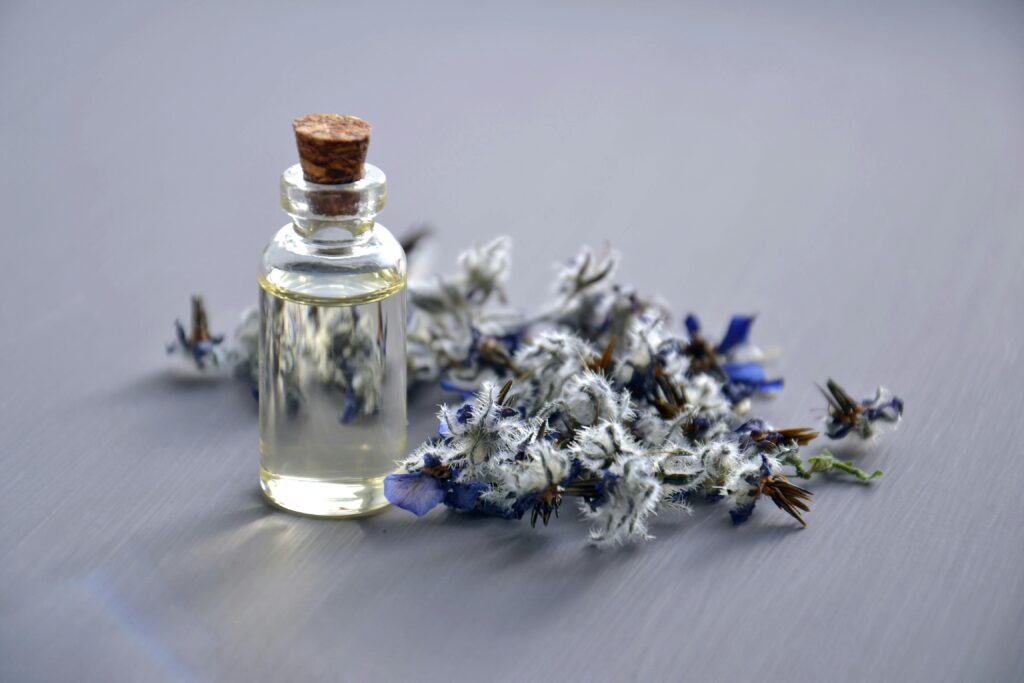
Mouth is completely filled with Gandusha Dravya and kept without movement is called Gandusha.
It should be done with concentration, sitting erect, liquid should be kept in full mouth till Dosha gets filled in mouth or before discharge from nasal passage and eyes; after that, the liquid should be spit out and another quantity of liquid taken in.
Kavala – Method of practicing is same as Gandusha and only difference is that amount is less in Kavala and movements done in Kavala.
Abhyanga (oil massage)
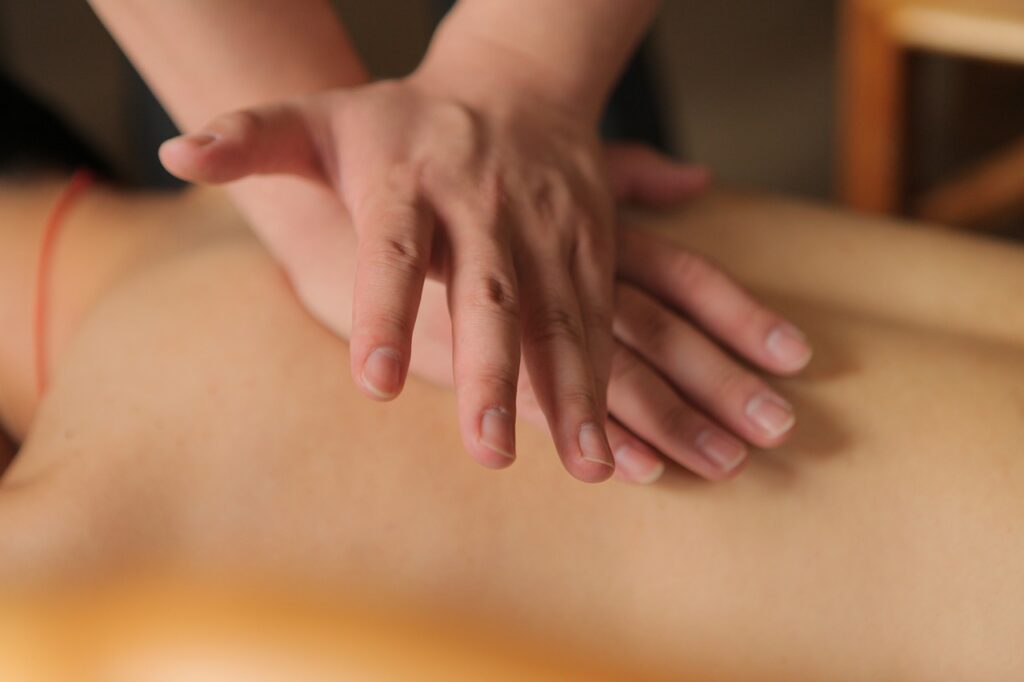
Abhyanga should be practice daily, it delays Jara (aging), cures Shrama (tiredness) and Vata disorders, Drushti Prasad (improves vision) and Pushti (nourishment to the body), Ayu (long life), Swapna (good sleep), Sutvaka (good lustrous skin) and Bala Prada (increase strength). It should be done specially to Shria (head), Karna (ears) and Pada (feet).
One should massage the body with luke warm oil, according to season, in direction of body hair, oil can be used according Dosha, season and conditions. It is performed in seven positions in order
1. Sitting
2. Supine
3. Left lateral
4. Prone
5. Right lateral
6. Supine
7. Sitting with legs extended to the front
Vyayama (exercises)

The action which produces Sharira Ayasa Janana (tiredness in body) is Vyayama (exercise)
The physical action, which enchaning the Karma Samartha (strength of the body), Dipta Agni(increases the digestive fire), Dosha Kshaya, when performed in the required times is called Vyayama.
Features of proper exercise
Swedagama (sweating), Shwasa Vruddhi (increased respiration rate), Gatranam Laghavam (lightness in the body) and Hrudayadi Uparodha (increased heart rates) are the features of proper exercise.
Benefits of Vyayama
Laghavam (lightness of body), Karma (ability to work), Samarthya/Sairya (stability), Agni Vruddhi (increase of digestion), Medas Kshaya (depletion of excess fat), Dosha Kshaya (reduction of Dosha) are the benefits of Vyayama.
